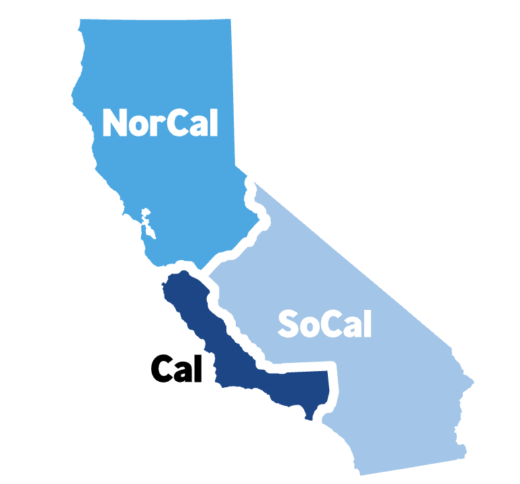The California Supreme Court on Wednesday blocked a ballot initiative, which proposed splitting California into three separate states, from appearing on the November ballot.
The measure was challenged by the Planning and Conservation League, which argued that the split constituted a “major revision” to the state constitution. Such changes can be placed in front of voters only by the state Legislature or a constitutional convention.
In a brief order, the court stated it was pulling the initiative, “because significant questions have been raised regarding the proposition’s validity, and because we conclude that the potential harm in permitting the measure to remain on the ballot outweighs the potential harm in delaying the proposition to a future election.”
“The order is very unusual and dramatic because it takes the opposition off the ballot,” said Planning and Conservation League executive director Howard Penn in a statement. “The court has done that sparingly in the past.”
The initiative, dubbed “Cal 3” by its author, venture capitalist Timothy Draper, proposed breaking the current state into Northern California (from the Oregon border to Santa Cruz), California (the Central Coast and Los Angeles) and Southern California (the Central Valley, Inland Empire and San Diego). Draper collected nearly double the number of signatures needed to place most ballot measures before voters.

